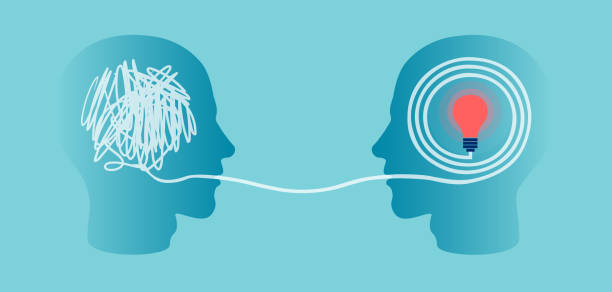Negative thinking patterns can significantly impact one’s mental and physical health. They often emerge from stressful situations, past traumas, or chronic anxiety, leading to a cycle of pessimism and self-doubt. Understanding these patterns is the first step towards overcoming them.
Identifying Common Negative Thoughts
To combat negative thinking, it’s crucial to identify the common types. These may include all-or-nothing thinking, overgeneralization, and catastrophizing. Recognizing these thoughts helps in developing strategies to counteract them.
The Impact of Negative Thoughts on Health
Negative thinking doesn’t just affect your mental state; it can also manifest physically. Chronic stress and anxiety can lead to various health issues, including insomnia. For those struggling with sleep, it’s common to look for solutions such as Buy Sleeping Pills in UK. However, addressing the root cause—negative thinking—can provide more sustainable relief.
Strategies to Combat Negative Thinking
There are several effective strategies to combat negative thinking patterns. Cognitive-behavioral techniques, mindfulness practices, and positive affirmations can all play a role. By actively working to shift your mindset, you can reduce the frequency and intensity of negative thoughts.
The Role of Cognitive-Behavioral Therapy (CBT)
Cognitive-Behavioral Therapy (CBT) is a well-established method for addressing negative thinking. CBT involves identifying negative thought patterns and replacing them with more positive and realistic ones. This process helps in breaking the cycle of negativity.
Practicing Mindfulness to Stay Present
Mindfulness practices encourage staying present in the moment, which can be a powerful tool against negative thoughts. Techniques such as meditation and deep breathing can help ground you, reducing the impact of negative thinking.
Positive Affirmations for a Better Mindset
Incorporating positive affirmations into your daily routine can gradually change your thought patterns. Repeating affirmations like “I am capable” or “I deserve happiness” helps in fostering a more positive mindset.
The Benefits of Physical Activity
Regular physical activity is not only good for your body but also for your mind. Exercise releases endorphins, which are natural mood lifters. This can help reduce the prevalence of negative thoughts and improve overall mental health.
Seeking Professional Help
If negative thinking patterns are severely impacting your life, seeking professional help is advisable. Therapists and counselors can provide strategies tailored to your specific needs, offering a pathway to better mental health.
The Importance of a Support System
Having a strong support system can make a significant difference. Friends, family, or support groups can provide encouragement and different perspectives, helping you to see situations in a more positive light.
The Role of Medication
In some cases, medication may be necessary to manage severe anxiety or depression. For example, pain relief tablets online can be part of a treatment plan for those whose negative thinking is linked to chronic pain. Always consult a healthcare provider to determine the best course of action.
Building Resilience
Building resilience involves developing the ability to bounce back from adversity. This includes fostering a positive mindset, maintaining healthy relationships, and practicing self-care. Resilience helps in managing stress and reducing the impact of negative thinking.
Maintaining Progress
Overcoming negative thinking is an ongoing process. Regularly practicing the strategies mentioned can help maintain progress. It’s important to remain patient and persistent, as changing deeply ingrained thought patterns takes time.
Conclusion
Overcoming negative thinking patterns is essential for achieving better mental and physical health. By understanding and identifying these patterns, using strategies such as CBT and mindfulness, and seeking support when needed, one can foster a more positive mindset. For those struggling with chronic issues, exploring solutions like buying sleeping pills in the UK or pain relief tablets online can be part of a comprehensive approach. For more information on managing your mental health, visit directpilluk.com

